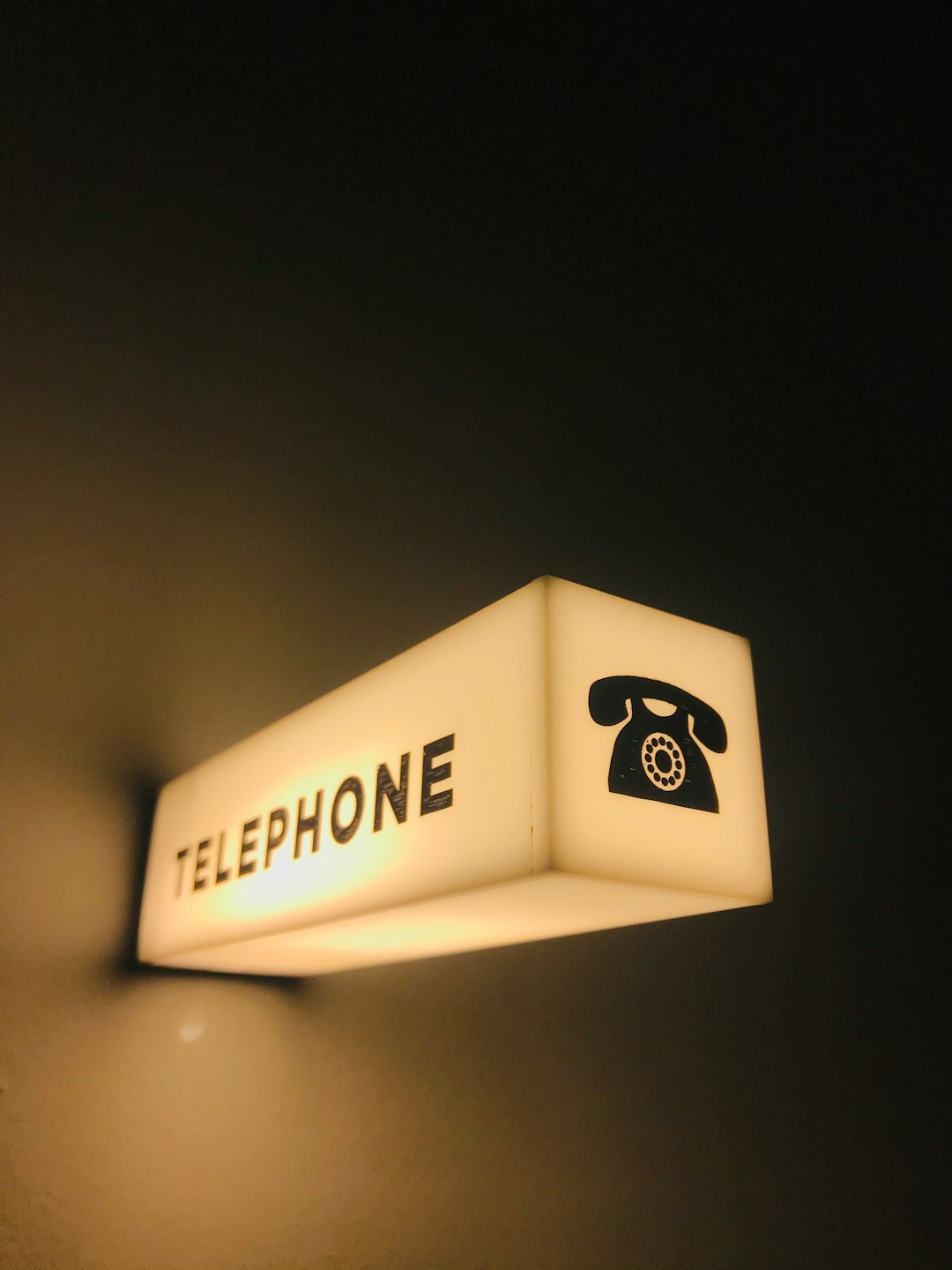Minnesota's strict Do Not Call laws protect residents from unwanted telemarketing calls, especially from law firms. Law firms operating in the state must register, implement easy opt-out procedures, and adhere to calling rules to avoid fines and damage their reputation. Legitimate callers with prior consent or specific purposes are exempt. Law firms play a critical role in upholding these regulations, protecting clients and preserving their business interests by obtaining explicit consent and maintaining robust do-not-call lists.
In Minnesota, telemarketing practices are tightly regulated to protect consumers from unwanted calls. Understanding the state’s “Do Not Call” laws is crucial for both businesses and law firms aiming to maintain ethical practices. This article delves into the intricacies of identifying legitimate callers under these rules, exploring exemptions, permissible calls, and the rights and responsibilities of law firms operating within Minnesota’s legal framework. By adhering to these guidelines, businesses can ensure compliance while fostering meaningful interactions with potential clients.
Understanding Minnesota's Do Not Call Laws

In Minnesota, respecting consumer privacy and protecting them from unwanted telemarketing calls is paramount. The state has a robust Do Not Call law that specifically targets law firms and other commercial entities engaging in telemarketing activities. This legislation empowers residents to register their phone numbers on the state’s official Do Not Call list, effectively blocking most commercial calls, including those from law firms.
Understanding Minnesota’s Do Not Call laws is crucial for law firms operating within the state. Failure to comply can result in significant fines and damage to the firm’s reputation. To avoid these pitfalls, law firms must ensure they have robust opt-out procedures in place, allowing callers to easily remove their numbers from call lists. Additionally, they must adhere to strict rules regarding the timing and frequency of calls, respecting the privacy and preferences of Minnesota residents.
Identifying Legitimate Callers: Exemptions and Permissible Calls

Identifying legitimate callers is a crucial aspect of navigating Minnesota’s telemarketing rules, especially for businesses and organizations operating within the state. The Do Not Call law in Minnesota provides consumers with significant protections against unsolicited sales or marketing calls. However, not all calls are subject to these restrictions.
Exemptions exist for certain types of calls, including those made by or on behalf of a business that has obtained prior written consent from the caller. This means that if you have given explicit permission for a company to contact you, they can proceed with telemarketing activities without violating any laws. Additionally, outbound calls initiated for specific purposes like political campaigns, charitable solicitations, or survey research are generally permissible as long as the callers comply with relevant regulations and honor consumer opt-out requests. Understanding these exemptions is essential to ensuring compliance and maintaining positive relationships with legitimate customers and prospects.
Enforcing the Rules: Rights and Responsibilities of Law Firms

Law firms in Minnesota have a significant role in enforcing telemarketing rules, especially regarding unwanted calls. They possess the legal expertise to navigate and interpret these regulations, ensuring their compliance. By understanding their rights and responsibilities under the ‘Do Not Call’ laws, law firms can protect clients from intrusive telemarketing practices while also respecting their own legitimate business interests.
One of their key responsibilities is to obtain prior express consent before making automated or prerecorded calls to law firm contacts. This means that telemarketers within the firm must have explicit permission from clients or potential customers to call, ensuring privacy and reducing unwanted communications. Additionally, law firms should maintain robust do-not-call lists, honoring national and state ‘Do Not Call’ registries, thereby minimizing unnecessary calls and avoiding potential legal repercussions.






